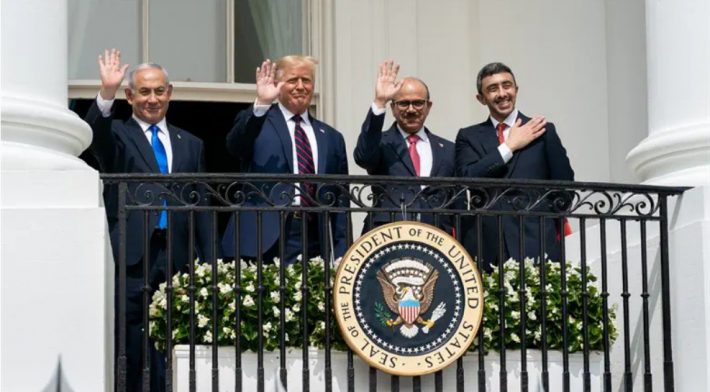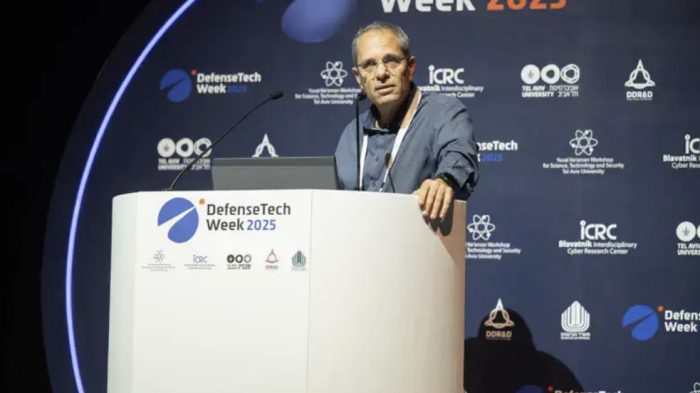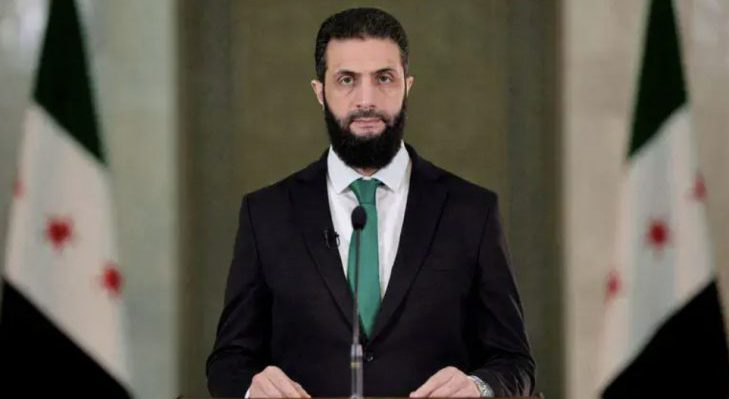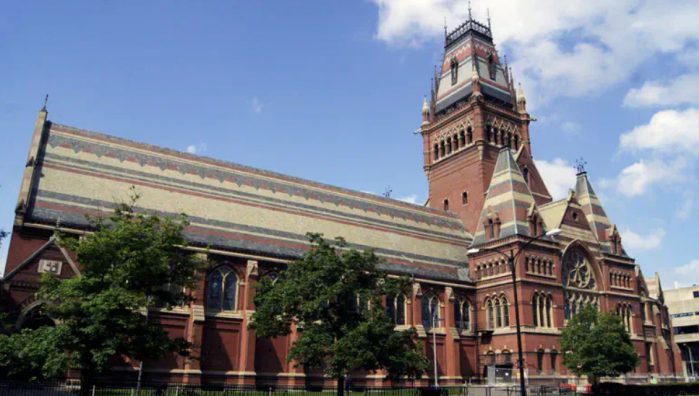President Donald Trump signals imminent additions to the Abraham Accords, expressing optimism that Saudi Arabia and other nations will soon normalize ties with Israel.
Washington, D.C. — U.S. President Donald Trump said Friday that he expects a major expansion of the Abraham Accords “in the near future,” revealing that Saudi Arabia may soon join the historic pact that normalized Israel’s relations with several Arab nations.
Speaking in an interview with Fox Business Network’s “Mornings with Maria,” Trump said:
“I hope to see Saudi Arabia go in, and I hope to see others go in. I think when Saudi Arabia goes in, everybody goes in.”
The former architect of the accords added that he had “some very good conversations” as recently as Wednesday with leaders of countries expressing interest in joining.
“I think they’re going to all go in very soon,” Trump said confidently, hinting that an announcement could come in the next few months.
Saudi Arabia: The Cornerstone of Regional Normalization
Saudi Arabia’s potential participation would mark the most consequential breakthrough since the Abraham Accords’ inception, reshaping the Middle East’s diplomatic and security landscape. Analysts believe that Riyadh’s entry would likely encourage additional Muslim-majority nations in Africa, Central Asia, and Southeast Asia to normalize ties with Israel.
Trump’s remarks come amid renewed regional diplomacy following the Gaza war and heightened cooperation between Israel and Gulf partners on defense, technology, and trade.
Abraham Accords: A Trump-Era Milestone
The Abraham Accords, signed at the White House in September 2020, were one of Trump’s signature foreign policy achievements. The initial agreements established full diplomatic relations between Israel, the United Arab Emirates, and Bahrain, followed shortly thereafter by Morocco and Sudan.
While the Biden administration maintained support for the accords, it failed to expand them further, despite repeated outreach to Riyadh and other Arab capitals.
In contrast, Trump has repeatedly suggested that his administration’s direct personal diplomacy and “transactional peace model” remain the most effective framework for bringing new partners into Israel’s circle of normalization.
Trump’s Middle East Team Back in Motion
Trump’s Middle East envoy, Steve Witkoff, hinted in late June that the United States is preparing a “significant announcement” regarding the accords’ expansion. Reports earlier this year indicated that Washington has been engaging with Azerbaijan and several Central Asian allies — including Uzbekistan and Kazakhstan — about potential inclusion in the Abraham framework.
According to diplomatic sources, discussions also involve economic partnerships, energy cooperation, and regional counterterrorism efforts designed to deepen alignment between Israel and moderate Muslim nations.
Momentum for Peace
Since returning to the presidency, Trump has sought to revive the diplomatic energy of 2020, emphasizing that the Abraham Accords represent a model of pragmatic coexistence, focused on shared prosperity rather than ideological concessions.
“The Abraham Accords were about peace through strength and mutual interest,” a senior administration official said. “That vision hasn’t weakened — it’s expanding.”
If Saudi Arabia officially joins, the move could trigger a domino effect across the Islamic world, fulfilling Trump’s prediction that “when Saudi Arabia goes in, everybody goes in.”





